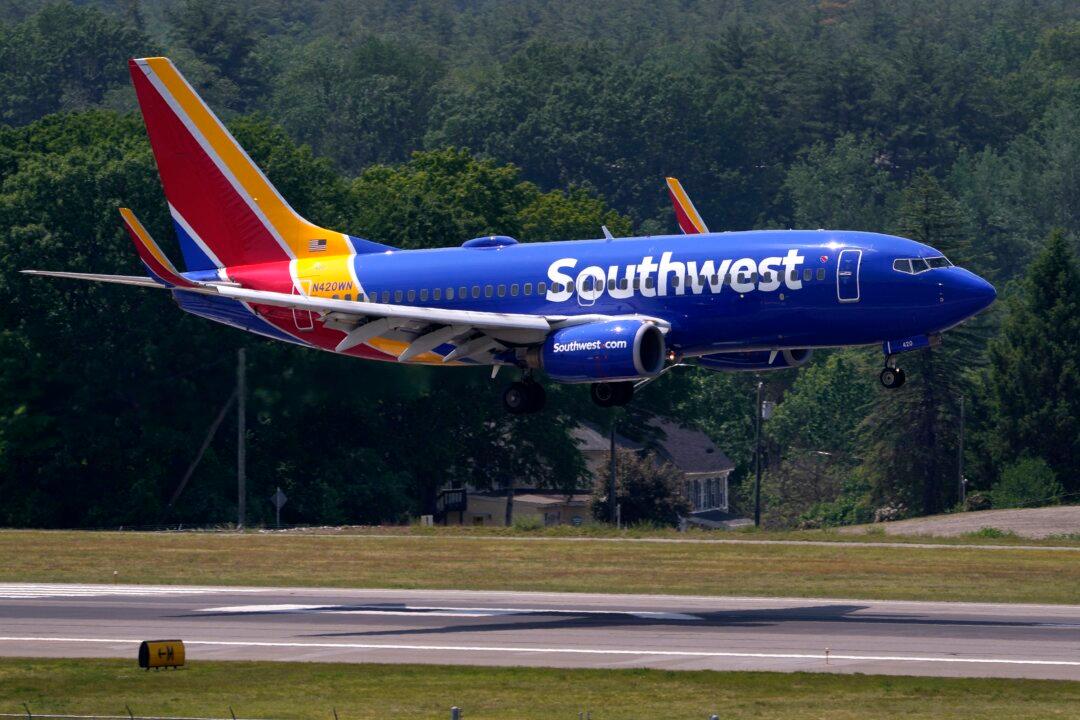Southwest Airlines has reduced its expected Boeing aircraft deliveries for this year, citing issues with the certification of the 737 Max 7 model.
In its earnings report published Thursday, Southwest stated that the airline now plans for “approximately 79 MAX aircraft deliveries in 2024,” a reduction from the originally intended 85 deliveries. The adjustment is attributed to “Boeing’s ongoing supply chain challenges” and the current status of Boeing 737 Max 7 certification. Southwest said that its current capacity plans “do not assume placing the [Max 7] in service this year and is subject to Boeing’s production capability.”





